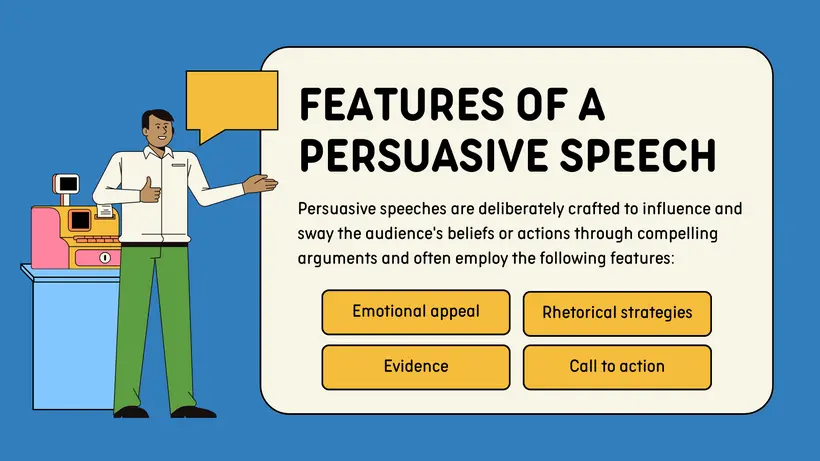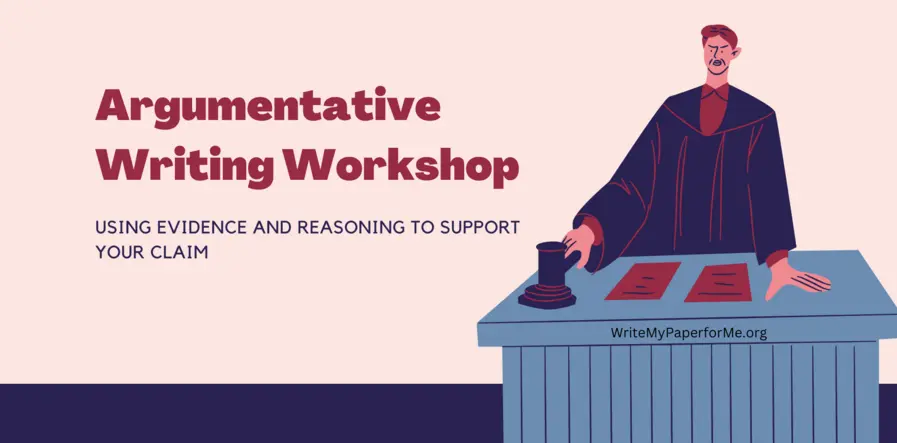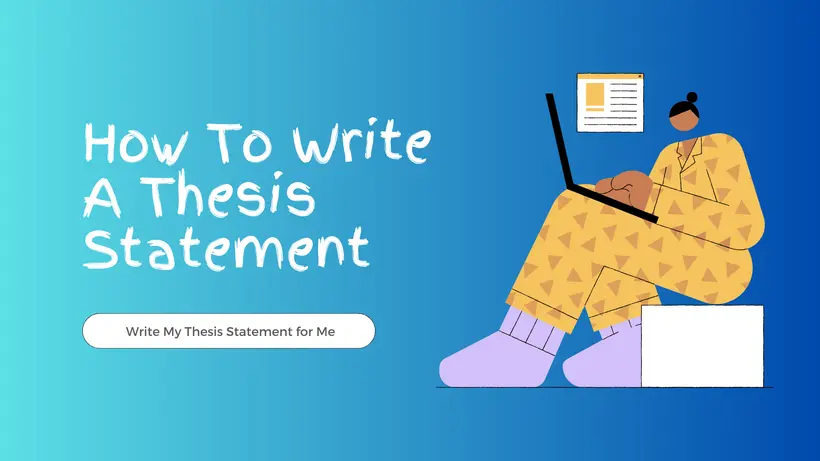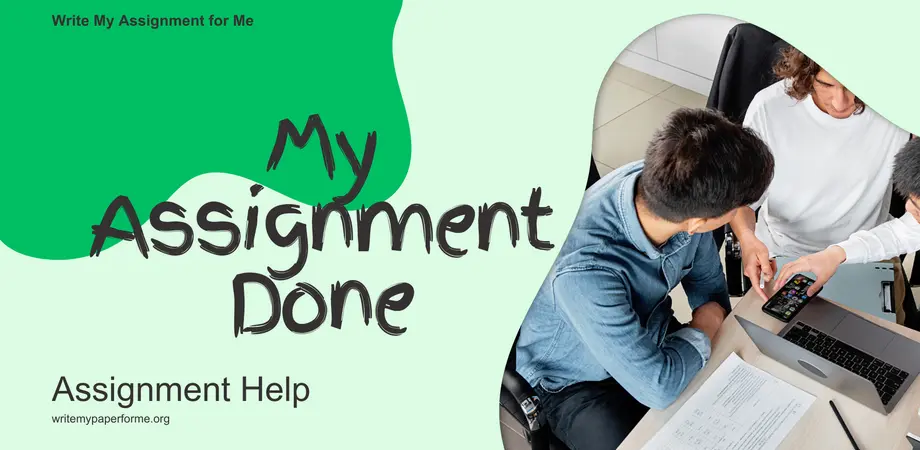Persuasive speeches are a powerful way to inspire, educate, and motivate audiences on a variety of topics. Whether you’re a student looking for good persuasive speech topics, a professional crafting the perfect argument, or simply someone curious about how to create compelling speeches, this guide is here to help. In this comprehensive article, we’ll dive into persuasive speech topics for college students, explore easy persuasive speech topics and funny persuasive speech topics for best arguments.
By the end of this guide, you’ll not only have a list of the best persuasive speech topics but also understand how to write, structure, and deliver a memorable persuasive speech. Whether you’re wondering “What should I write my persuasive speech about?” or looking for persuasive speech writing help, we’ve got you covered.
What Is a Persuasive Speech?
A persuasive speech is a type of presentation designed to convince an audience to adopt a particular viewpoint, take a specific action, or change their beliefs on a given topic. Unlike other types of speeches, the primary goal of a persuasive speech is to influence the audience’s thoughts, feelings, or behaviors through the use of logical arguments, emotional appeals, and credible evidence.
Persuasive speeches can address a wide range of subjects, from controversial persuasive speech topics like social justice issues to lighthearted topics such as funny persuasive speech topics. For example, you might deliver a speech advocating for environmental conservation or convincing your peers why pineapple doesn’t belong on pizza.
What makes a persuasive speech effective is its ability to present clear arguments, backed by credible evidence, while connecting emotionally with the audience. If you’re wondering “What should I include in an outline for a persuasive speech?” or “What three types of evidence can be used in a persuasive speech?”, the answers lie in understanding the structure and strategy behind this type of presentation.

Ultimately, a persuasive speech is about more than just delivering facts—it’s about inspiring action and creating change. Whether you’re speaking in front of classmates or a larger audience, mastering the art of persuasion can be a game-changer.
What Are Some Good Persuasive Speech Topics?
Choosing the right topic for a persuasive speech can make all the difference in how engaging and impactful your presentation is. A good persuasive speech topic should be relevant, thought-provoking, and suited to your audience’s interests. Whether you’re searching for easy, controversial, or funny persuasive speech topics, the key is to pick a subject you’re passionate about and can argue convincingly.
Here are some top 100 good persuasive speech topics to inspire you:
- Impact of generative AI on employment opportunities
- Implementing quantum computing in cybersecurity measures
- Role of 5G expansion in bridging digital divide
- Virtual reality 2.0: Revolutionizing remote collaboration
- Augmented reality in enhancing educational experiences
- Ethical implications of widespread AI adoption
- Future of autonomous vehicles in urban transportation
- Advancements in solid-state batteries for electric vehicles
- Influence of AI on creative industries
- Data privacy concerns in age of AI
- Rise of no-buy movements: Reducing overconsumption
- Sustainable fashion: The shift towards eco-friendly materials
- Popularity of hair perfumes: Benefits and risks
- Impact of social media trends on consumer behavior
- Role of influencers in promoting sustainable living
- Evolution of beauty standards in the digital age
- Effectiveness of virtual fitness programs post-pandemic
- Growing demand for mental health education in schools
- Influence of telemedicine on healthcare accessibility
- Role of technology in personalized learning experiences
- Impact of climate change on global food security
- Importance of renewable energy adoption in 2025
- Role of governments in regulating AI technologies
- Future of work: Balancing remote and on-site employment
- Ethical considerations of genetic data usage
- Rise of plant-based diets: Health and environmental benefits
- Impact of social media on political mobilization
- Role of digital currencies in the global economy
- Influence of streaming services on traditional cinema
- Future of space exploration: Private vs. public endeavors
- Importance of cybersecurity education in the digital era
- Role of AI in advancing medical diagnoses
- Impact of climate change on global migration patterns
- Ethics of surveillance technologies in public spaces
- Influence of virtual reality on empathy and social awareness
- Future of e-commerce: Balancing convenience and privacy
- Role of blockchain in enhancing supply chain transparency
- Impact of automation on the global job market
- Importance of digital literacy in modern education
- Role of AI in combating misinformation online
- Influence of wearable technology on personal health monitoring
- Future of renewable energy storage solutions
- Ethics of AI in creative arts and content creation
- Impact of climate change on biodiversity loss
- Role of governments in promoting sustainable urban development
- Influence of social media algorithms on public opinion
- Future of personalized medicine: Benefits and challenges
- Importance of mental health support in the workplace
- Role of technology in enhancing agricultural productivity
- Impact of globalization on cultural identity
- Ethics of gene editing in humans
- Influence of digital art on the traditional art market
- Future of public transportation in smart cities
- Role of AI in enhancing customer service experiences
- Impact of climate change on coastal communities
- Importance of data transparency in AI algorithms
- Influence of online education on traditional learning institutions
- Future of work: Embracing a four-day workweek
- Ethics of autonomous weapons in modern warfare
- Role of technology in preserving endangered languages
- Impact of social media challenges on youth behavior
- Influence of virtual influencers on marketing strategies
- Future of retail: Integrating augmented reality shopping experiences
- Importance of cyber ethics education for digital citizens
- Role of AI in predicting and preventing disease outbreaks
- Impact of climate change on global economic stability
- Influence of digital nomadism on urban development
- Future of entertainment: Interactive and immersive experiences
- Ethics of data collection in smart home devices
- Role of technology in supporting aging populations
- Impact of social media on body image perceptions
- Influence of e-sports on traditional sports viewership
- Future of healthcare: Embracing telehealth services
- Importance of digital detox in maintaining mental well-being
- Role of AI in enhancing environmental conservation efforts
- Impact of climate change on water scarcity
- Influence of AI on personalized marketing strategies
- Future of education: Integrating AI tutors in classrooms
- Ethics of AI in surveillance and privacy concerns
- Role of technology in enhancing disaster response efforts
- Impact of AI on intellectual property rights
- Influence of social media on mental health awareness
- Future of journalism in age of AI-generated content
- Importance of sustainable practices in the fashion industry
- Role of virtual reality in employee training programs
- Impact of climate change on global health
- Influence of artificial intelligence on renewable energy innovation
- Future of remote work: Benefits and challenges in 2025
- Ethics of deepfake technology in media and entertainment
- Role of space tourism in advancing space exploration technology
- Impact of subscription-based services on consumer spending habits
- Influence of fast fashion on global environmental issues
- Future of education: Virtual classrooms vs. traditional learning
- Role of artificial intelligence in disaster management strategies
- Impact of mental health awareness campaigns on societal stigma
- Influence of microplastics on global health and ecosystems
- Ethics of cloning technology in medical advancements
- Role of community initiatives in combating climate change
- Impact of smart city infrastructure on urban living
- Future of cryptocurrency: Regulation, adoption, and risks
Unique Persuasive Speech Topics
- Should universities offer free mental health support?
- Should college tuition be reduced for online courses?
- Should universities prioritize real-world skills over theory?
- Should student loans be forgiven after graduation?
- Should higher education be free for low-income students?
- Should universities switch to a pass/fail grading system?
- Should colleges focus on interdisciplinary programs?
- Should campuses be 100% smoke-free?
- Should higher education emphasize sustainability?
- Should universities abolish legacy admissions?
Easy Persuasive Speech Topics
- Should college students be allowed pets in dorms?
- Should textbooks be free for all students?
- Should universities offer more career-focused courses?
- Should college campuses have more study spaces?
- Should online classes count as college credit?
- Should colleges offer evening classes for working students?
- Should students have the option to take more electives?
- Should universities offer free Wi-Fi for all students?
- Should students get extra vacation days during finals?
- Should college athletes be paid?
Funny Persuasive Speech Topics
- Should professors give out candy for correct answers?
- Should all universities have nap zones on campus?
- Should college students be allowed to wear pajamas to class?
- Should coffee breaks be mandatory during lectures?
- Should students be graded on creativity, not just tests?
- Should universities host "sleep-in" days during finals?
- Should students get an extra week of break every semester?
- Should campuses host "bring your pet to class" days?
- Should professors host classes in relaxed environments?
- Should students get extra credit for attending class without caffeine?
Controversial Persuasive Speech Topics
- Should colleges eliminate standardized testing for admissions?
- Should universities be free for all students?
- Should student loan debt be forgiven for all graduates?
- Should universities prioritize STEM programs over arts?
- Should student-athletes receive salaries?
- Should universities have more control over students’ personal lives?
- Should universities ban Greek life?
- Should universities offer political education alongside academic courses?
- Should universities be allowed to use endowments to lower tuition?
- Should there be limits on student debt for college graduates?
Persuasive Speech Topics for College Students
- Should internships be required for graduation?
- Should college tuition be tied to the job market?
- Should universities offer more flexible degree programs?
- Should student loans have lower interest rates?
- Should colleges offer financial literacy courses?
- Should universities provide universal health insurance?
- Should campuses be more diverse in faculty and students?
- Should universities reduce the reliance on standardized tests?
- Should students be allowed to create their own class schedules?
- Should there be free tuition for top-performing students?
Persuasive Speech Topics for High School
- Should high schools focus more on mental health education?
- Should schools eliminate standardized testing?
- Should high schools teach financial literacy?
- Should all students take coding classes?
- Should schools have later start times?
- Should high schools offer vocational training?
- Should there be more after-school programs for students?
- Should students grade their teachers?
- Should schools remove school uniforms?
- Should high schools teach life skills like cooking and taxes?
These topics are focused and relevant to higher education. Contact us for more original and custom persuasive topics made just for you.
How to Write a Persuasive Speech
Writing a persuasive speech involves crafting an argument that convinces the audience to agree with your perspective. Here’s a step-by-step guide to help you create a compelling persuasive speech:
- Choose Your Topic: Select a topic that is both interesting to you and relevant to your audience. Ensure it’s something you’re passionate about, as enthusiasm can be contagious. Consider what the audience values or may have concerns about and find a topic that aligns with their interests or challenges.
- Research Your Topic: Gather credible information to back up your arguments. Use statistics, expert opinions, and real-world examples to strengthen your position. The more facts and evidence you have, the more persuasive your argument will be. Make sure to include opposing viewpoints to show that you’ve considered all angles.
- Define Your Purpose: Clarify what you want to achieve with your speech. Are you trying to persuade the audience to take action, change their mind, or adopt a new belief? Understanding your purpose will guide the tone and structure of your speech.
- Create a Strong Thesis Statement: Your thesis statement should succinctly express the main point of your speech. It’s the central argument or claim you’re making, and it should be clear and debatable. For example: “College tuition should be free for all students to ensure equal educational opportunities.”
- Write an Engaging Introduction: The introduction should grab the audience's attention and introduce your topic. You can start with a rhetorical question, a surprising fact, or a compelling quote. End the introduction with your thesis statement, so the audience knows exactly what your position is.
- Body of the Speech: The body is where you build your case. Organize it into 2-3 main points, each supported by evidence. Here’s how you can structure the body:
-
- Point 1: Present your first argument and support it with facts.
- Point 2: Provide your second argument and back it up with research.
- Point 3: Discuss your final argument and provide solid evidence.
- Each point should be clearly connected to your thesis and show how it contributes to your overall message.
- Use Persuasive Techniques: Incorporate rhetorical strategies to strengthen your argument:
- Ethos (credibility): Build trust by showing expertise or citing reliable sources.
- Pathos (emotion): Appeal to the audience's emotions to create empathy or urgency.
- Logos (logic): Present logical reasoning and solid evidence to support your position.
- Acknowledge the Opposing Side: Include a section where you acknowledge counterarguments. This shows the audience you’ve considered different perspectives and strengthens your credibility. Refute these counterpoints with logic, facts, or examples to demonstrate why your position is stronger.
- Write a Strong Conclusion: End your speech by summarizing your main points and restating your thesis in a compelling way. This is your chance to leave a lasting impression on the audience. You can finish with a call to action, urging the audience to take specific steps or adopt your viewpoint.
- Practice and Refine: After drafting your speech, practice delivering it. Pay attention to your tone, pacing, and gestures. The more comfortable and confident you are, the more persuasive you’ll sound. Make sure the speech flows naturally and that you’ve refined any awkward phrasing.
- Edit for Clarity and Impact: Review your speech for clarity, conciseness, and effectiveness. Remove any unnecessary words or points that don’t contribute to your argument. Make sure each section of your speech is tight and persuasive.
By following these steps, you'll be able to write a persuasive speech that engages your audience, presents strong arguments, and inspires action or agreement.
Persuasive Speech Writing Help – Expert Writers at Your Service
Need to deliver a compelling persuasive speech but don’t have the time or skills to craft it yourself? Look no further! Our persuasive speech writing services are here to help you create a powerful, persuasive, and unforgettable speech that will captivate your audience and get results.
Why Choose Our Persuasive Speech Writing Services?
Writing a persuasive speech requires more than just good writing—it’s about crafting an argument that connects emotionally, logically, and credibly with your audience. With our expert persuasive speech writers, we help you achieve exactly that. Here’s why you should choose us:
- Tailored to Your Needs: Whether you’re delivering a speech at a college debate, a corporate event, or a public forum, we tailor your speech to match your voice, purpose, and audience.
- Expert Writers: Our professional persuasive speech writers are skilled in persuasive techniques, ensuring your speech is impactful, engaging, and credible.
- High-Quality Research: We provide well-researched content, backed by facts, examples, and statistics, to support your arguments and make your case unshakable.
- Emotional & Logical Appeal: We don’t just rely on logic—we know how to invoke emotion, create urgency, and inspire action, ensuring your message hits home.
- Clear Structure: We follow a proven structure to ensure your speech flows seamlessly: an attention-grabbing introduction, a clear thesis, solid arguments with supporting evidence, and a powerful conclusion.
- Timely Delivery: Deadlines are important, and we always deliver your speech on time, allowing you to prepare and practice with confidence.
Our Process for Writing Your Persuasive Speech
- Consultation: We begin by understanding your topic, audience, and purpose for the speech. Whether you need to persuade, inform, or motivate, we will shape the speech to suit your goals.
- Research & Drafting: We dive deep into research to provide facts, statistics, and expert opinions that will strengthen your argument. Our writers will draft a clear and persuasive speech that aligns with your objectives.
- Revisions: We don’t stop at just one draft. We work with you to fine-tune the speech, making sure it’s exactly what you need.
- Final Delivery: Once everything is perfected, we provide you with your final persuasive speech, ready for delivery.

Get Your Custom Persuasive Speech Here
With our expert persuasive speech writing services, you’ll deliver a message that truly resonates. Let us help you create a compelling speech that inspires action and leaves a lasting impression on your audience! Place Your Order to get started!












